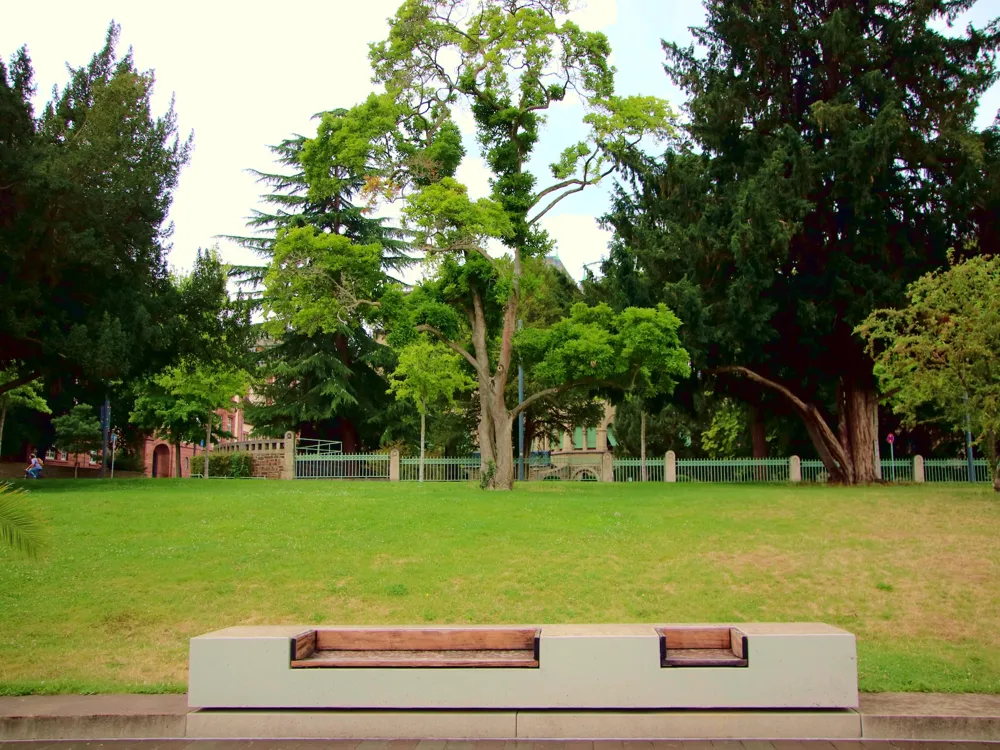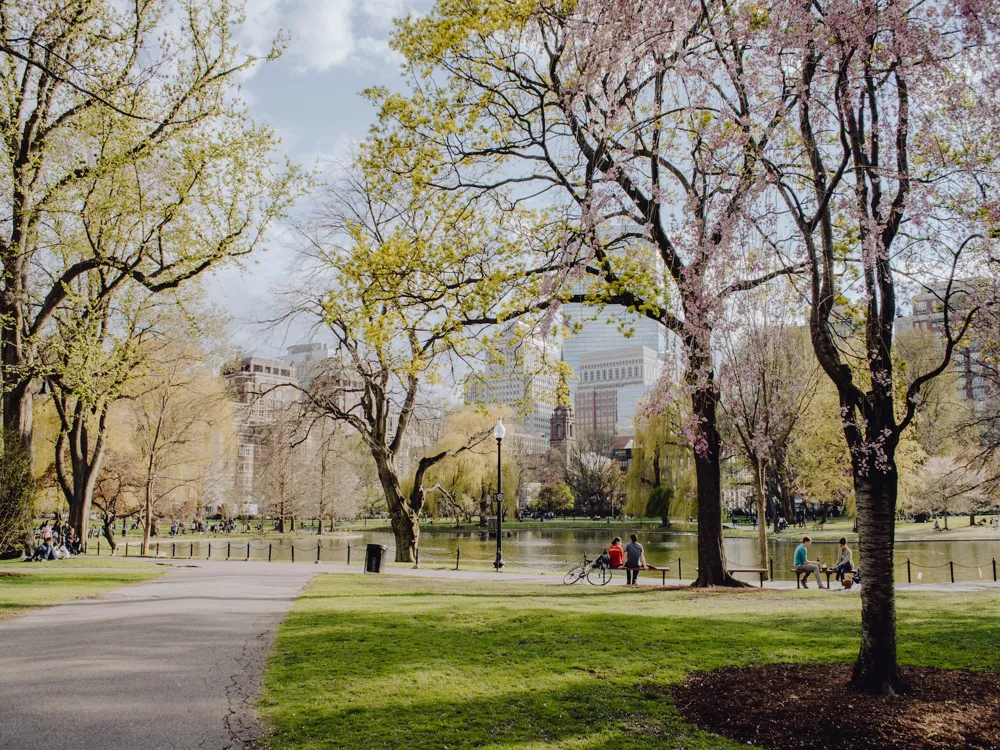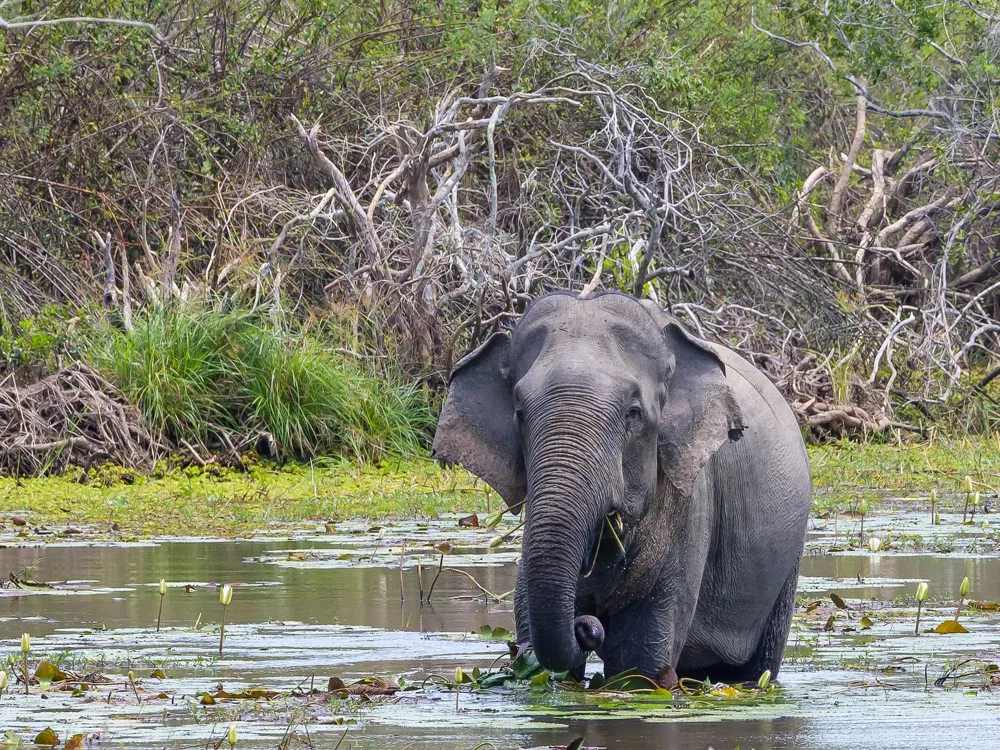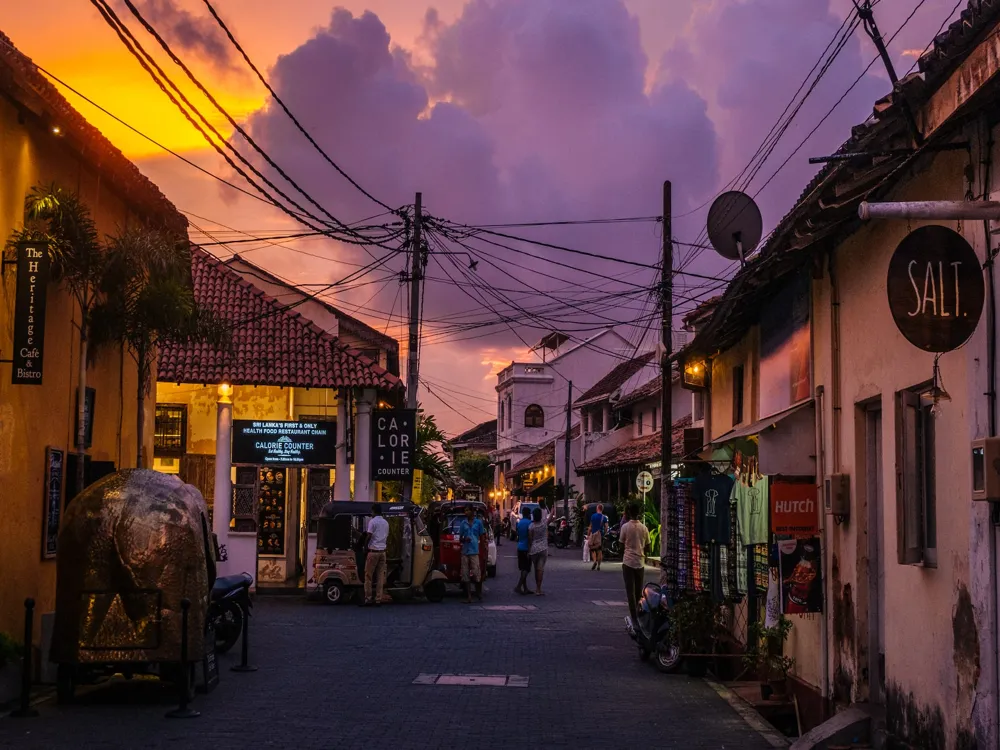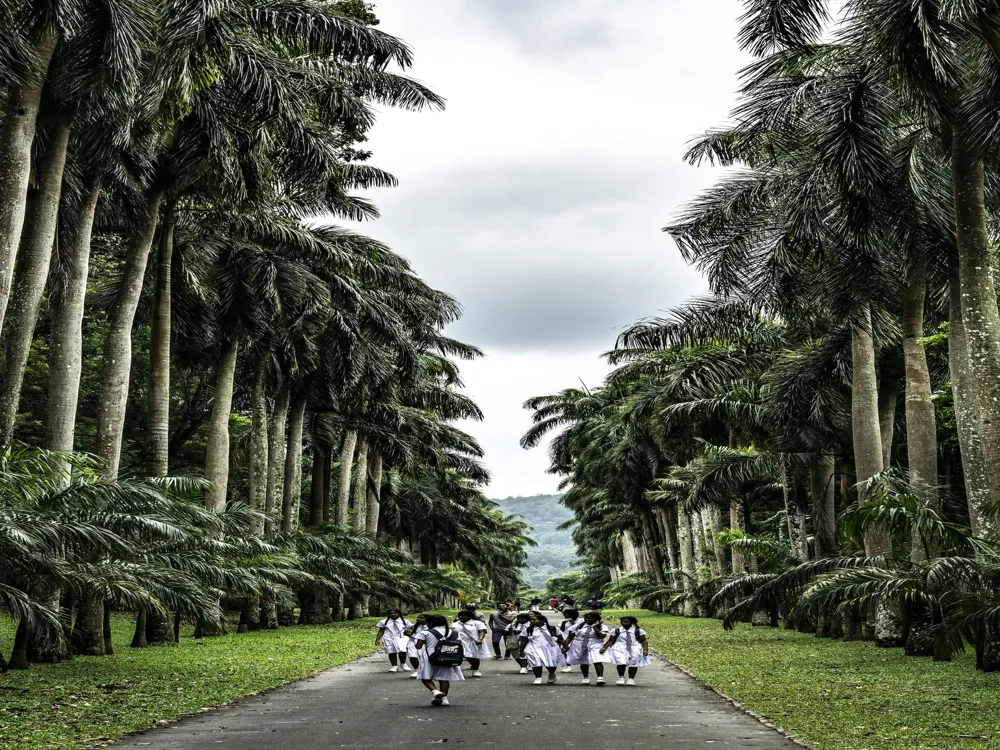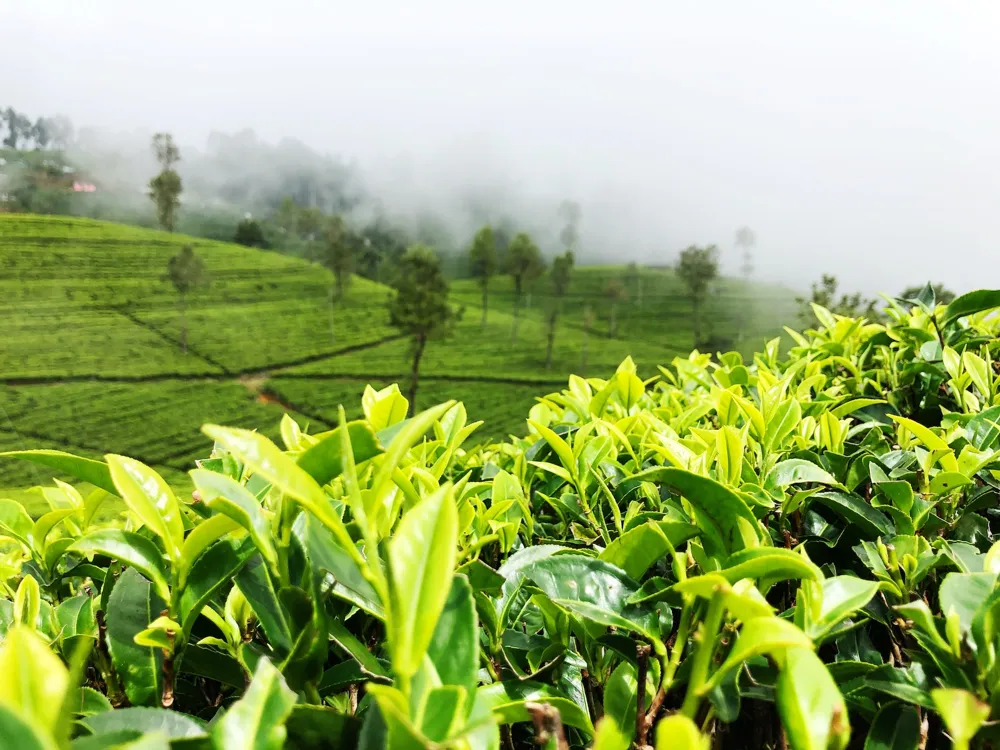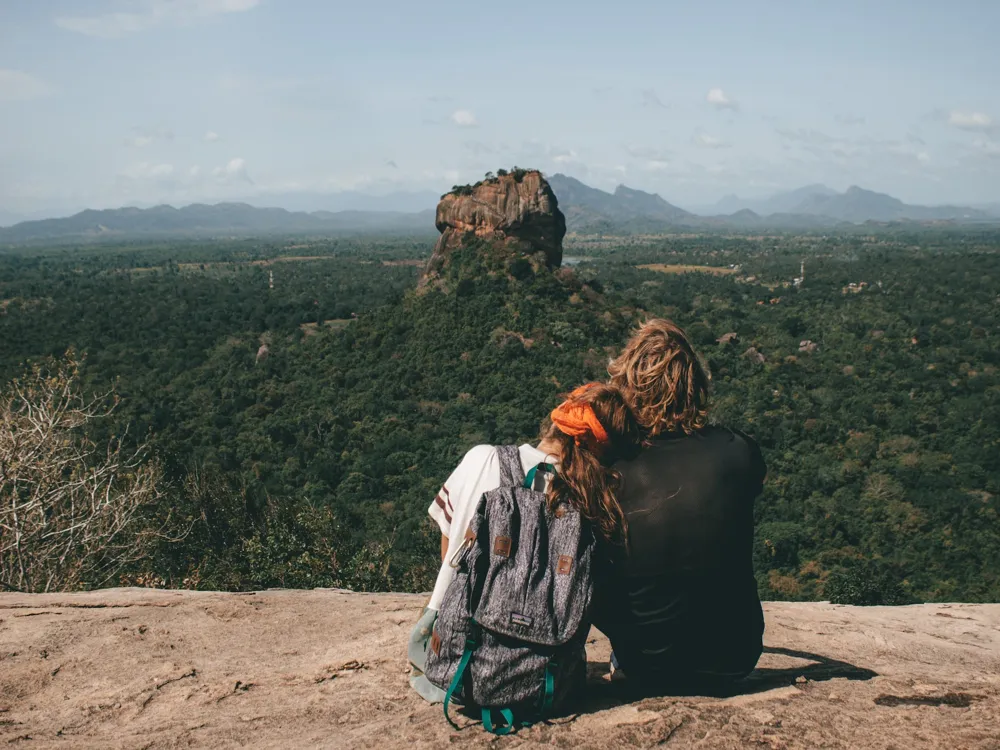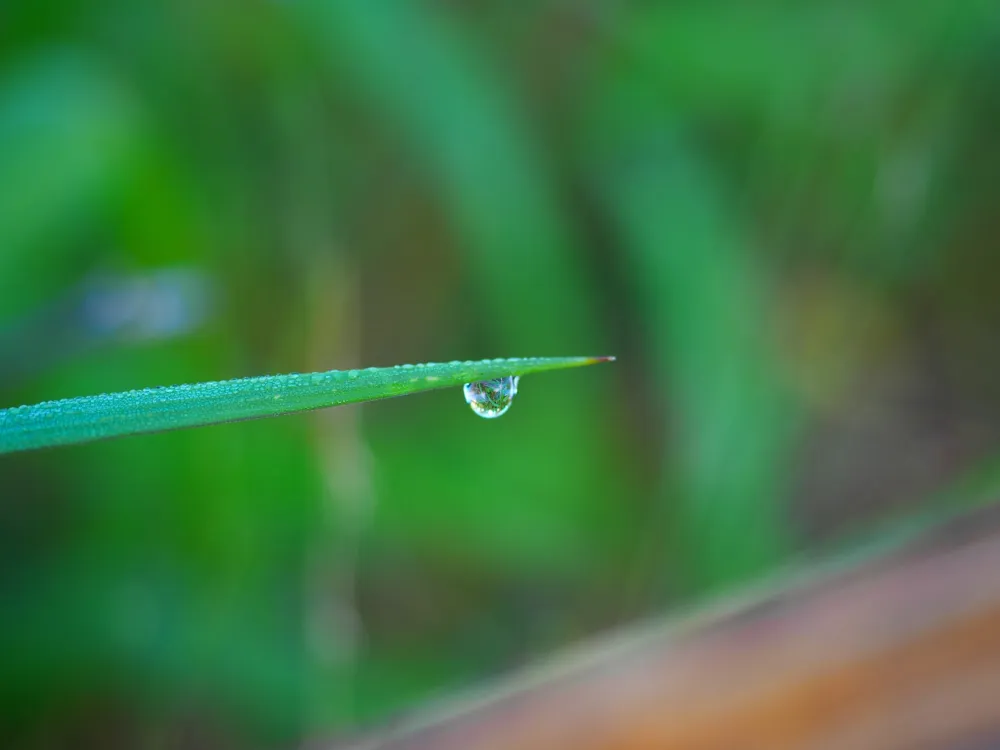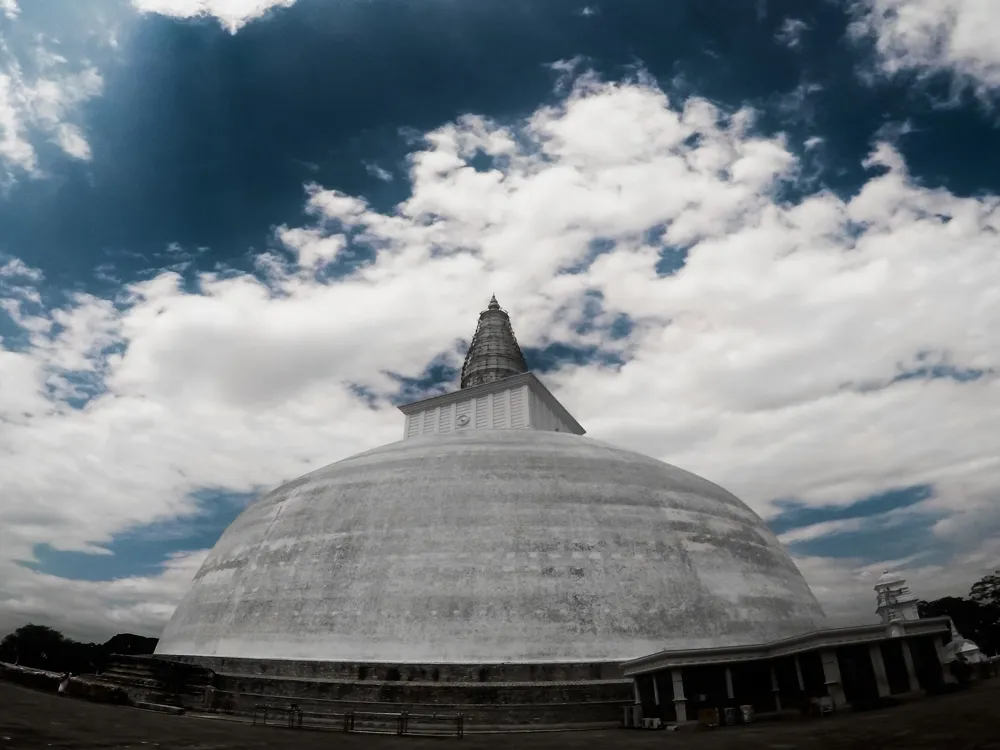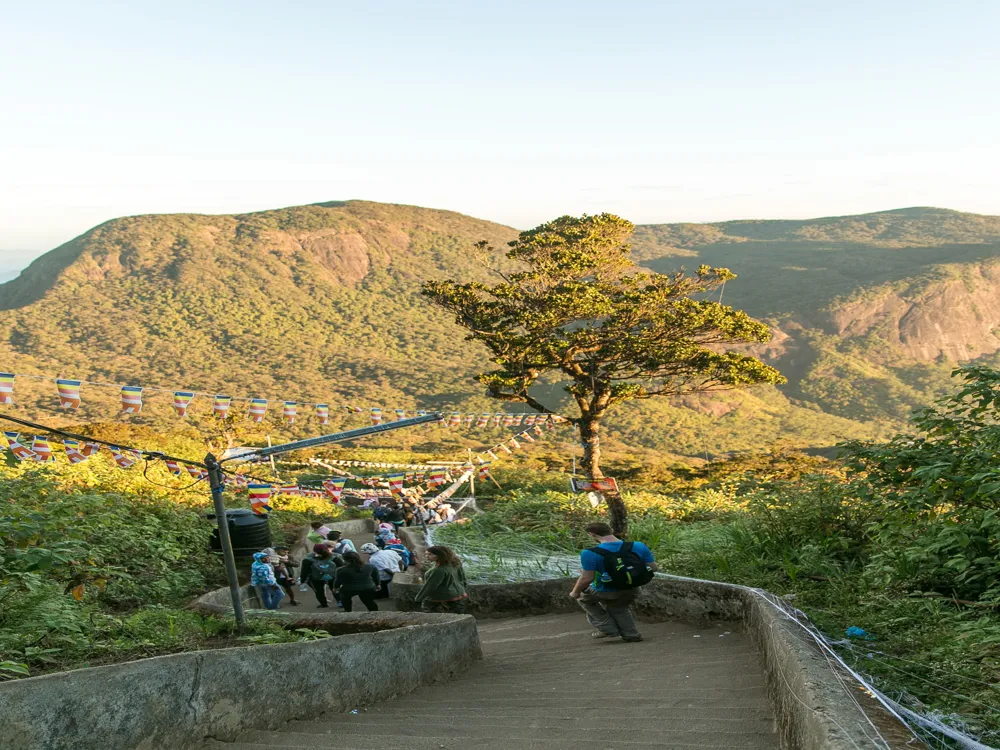Best Time to Visit Kumana National Park
Sri Lanka
38 out of 66 Places to visit in Sri LankaNaN onwards View Packages
Get Customized PackagesThe Land of Diversity
Top Hotel Collections

Private Pool

Luxury Hotels

5-Star Hotels

Pet Friendly
What is the Best Time to Visit Kumana National Park?
Kumana National Park offers a captivating experience throughout the year, but some seasons enhance the adventure. The optimal time to visit is during the cool season, from November to February. During this period, the weather is mild, and wildlife is abundant, creating a perfect setting for exploration. The park's picturesque landscapes and vibrant biodiversity make it an ideal destination for nature lovers during these months.
More about Best Time to Travel to Kumana National Park
Travel Peak Season in Kumana National Park
The peak season in Kumana National Park aligns with the cool season, drawing in visitors seeking an immersive wildlife encounter. The crisp air and moderate temperatures enhance the chances of spotting elusive species such as leopards, elephants, and a myriad of bird species, including migratory birds.
Travel Offseason in Kumana National Park
Contrary to popular belief, the offseason in Kumana National Park, primarily during the rainy season from April to June, offers unique opportunities. The park transforms into a lush, green paradise, and the rain brings out various amphibians and reptiles, creating a different but equally captivating experience.
Kumana National Park Travel Packages
View All Packages For Kumana National Park
Kumana National Park in Shoulder Season
The shoulder season, transitioning between the rainy and cool seasons, provides a balanced blend of weather conditions. This period, from March to April and September to October, allows visitors to enjoy moderate temperatures while witnessing the transformation of the park's landscapes.
Kumana National Park in Hot Season
The hot season, spanning from July to August, may seem less favorable, but it has its appeal. The sparse foliage makes wildlife more visible, and the warmth encourages the activity of certain species, creating a unique perspective for visitors.
Kumana National Park in Rainy Season
While the rainy season brings showers, it also breathes life into Kumana National Park. The water sources fill up, attracting a multitude of animals, and the rejuvenated vegetation provides a picturesque backdrop for nature enthusiasts.
Kumana National Park in Cool Season
The cool season remains the top choice for many visitors. With clear skies, mild temperatures, and an abundance of wildlife, this season ensures a memorable and comfortable experience in Kumana National Park.
In conclusion, determining the best time to visit Kumana National Park depends on personal preferences. Each season offers a unique perspective, allowing visitors to tailor their experience based on desired weather conditions and wildlife encounters.
Places To Visit In Kumana National Park
Nearby Places Kumana National Park
Kumana National Park Photos
View All Photos For Kumana National ParkBrowse Package Collections
Browse Hotel Collections
Faq
1. Q: What is the best time of the year to visit Kumana National Park?
A: The ideal time to visit Kumana National Park is during the dry season, which typically spans from May to September. During this period, wildlife sightings are more frequent, and the weather is generally pleasant.
2. Q: Why is the dry season recommended for visiting Kumana National Park?
A: The dry season ensures that water sources within the park are limited, concentrating wildlife around these areas, making it easier for visitors to spot a variety of animals, including birds and elephants.
3. Q: Are there any specific months within the dry season that are better for visiting?
A: June and July are considered prime months for wildlife enthusiasts. During these months, the vegetation is less dense, enhancing visibility, and the chances of witnessing bird migrations are higher.
4. Q: How about the monsoon season? Is it advisable to visit Kumana National Park then?
A: It is not recommended to visit during the monsoon season, from October to January, as heavy rains can lead to flooding, muddy trails, and decreased wildlife visibility. The park is usually closed for visitors during this period.
5. Q: Can you spot specific wildlife during certain times of the year?
A: Yes, during the dry season, migratory birds, especially waterfowl, are prevalent around Kumana National Park. If you are keen on bird watching, plan your visit between June and August.

